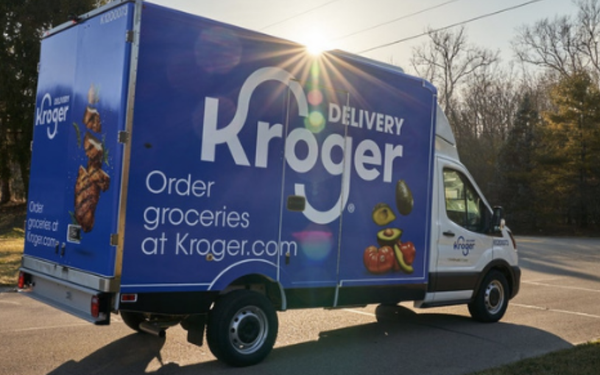
The long-running
merger saga between Kroger and Albertson’s just got dealt a one-two punch, with a federal judge in Oregon issuing a preliminary injunction and a state judge in Washington also blocking the deal.
While neither decision is a definitive deal-killer, they raise considerable obstacles for a merger.
In the federal suit brought by the Federal Trade Commission, U.S. District Judge Adrienne
Nelson agreed with the FTC that if allowed to go forward, the newly merged company would lead to higher food prices and fewer choices for shoppers and employees.
Kroger and Albertson had
argued that they would mitigate antitrust concerns by spinning off close to 600 stores -- a proposal that appeared to have done little to convince the judge.
The FTC, which together with
several states, sued to block the deal because it would lessen competition, rejoiced after the District Court injunction in Oregon.
advertisement
advertisement
“The FTC, along with our state partners, scored a
major victory for the American people, successfully blocking Kroger’s acquisition of Albertsons,” Henry Liu, bureau of competition director, said in a statement. “This historic win
protects millions of Americans across the country from higher prices for essential groceries—from milk to bread to eggs—ultimately allowing consumers to keep more money in their pockets.
This victory has a direct, tangible impact on the lives of millions of Americans who shop at Kroger or Albertsons-owned grocery stores for their everyday needs, whether that’s a Fry’s in
Arizona, a Vons in Southern California, or a Jewel-Osco in Illinois.”
Just hours later, the Washington State decision came from King County Superior Court Judge Marshall Ferguson, who
ruled that the proposed merger violated the state’s consumer protection laws.
A third case, this one in Colorado from that state’s attorney general, is pending.
It’s
not clear what will come next. The Wall Street Journal reports that representatives for Kroger and Albertsons said they were disappointed by the decision and were “weighing their
options.”
Last week, in an earnings call webcast for investors, Kroger Chairman and CEO Rodney McMullen said that if the deal was not approved, the company would likely not pursue
additional mergers.
In the ultra-competitive grocery industry, with low profit margins and many undifferentiated competitors, Kroger had argued that Albertson’s merger was a clear path
to growth. “With grocery volumes under intense pressure and price competition increasing, organic growth is becoming much harder to come by. That’s why the creation of a larger-scale
grocery player made sense, at least on paper,” said Neil Saunders, managing director of GlobalData, in his note on the rulings.
“Investors will not be overly disappointed by the
move as this decision was already partially priced into the share value. However, Kroger will now need to double down on its efforts to invest in its core business.”